Azerbaijan–US: Bet on improved relations under Trump pays off Analysis
U.S. President Donald Trump has shared a fragment of Azerbaijani President Ilham Aliyev’s speech at the 3rd Shusha Global Media Forum on his social media platform. In our era—where politics is once again centred around personalities and symbols—this gesture carries significant meaning. It follows a series of both symbolic and routine steps taken recently to strengthen Azerbaijani–American relations.
In the recent past, when liberals across the world turned against Trump and claimed his return to the presidency was impossible, Azerbaijan’s leadership recognised that the reality was quite the opposite. At that moment, a wise strategic decision was made. Today, that choice strengthens Baku’s position in matters such as a peace treaty with Yerevan and in countering European intrigues in the region.
New times
Why such a focus on Trump? One must recognise that metaphors like “the end of an era” or even “the end of history” have ceased to be just metaphors—they’ve become terms that describe the aggregate state of global politics. These phrases come to mind even when reading the latest economic reports. The dismantling of international structures and norms established over the past century is nearly complete, and ideological confrontations have all but vanished from global politics. Once again, personalities are taking centre stage—even when it comes to giant nations like the United States.
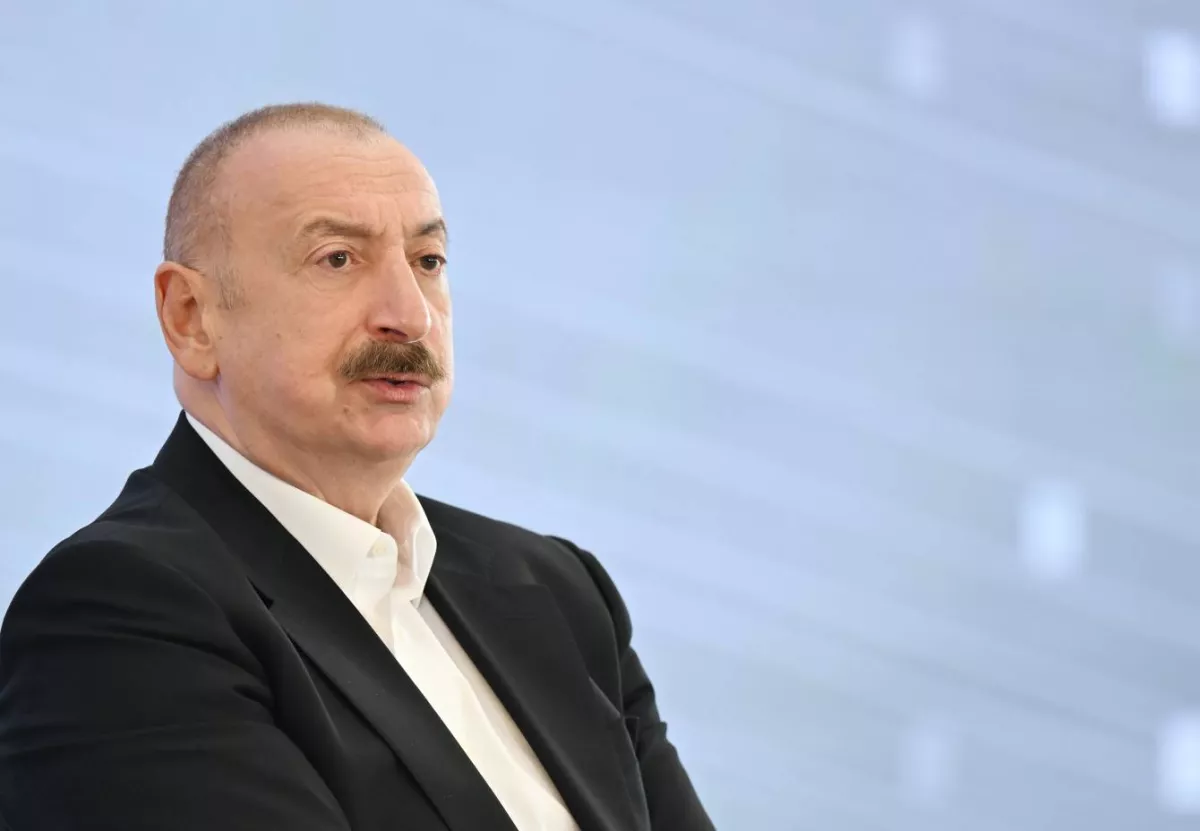
The President of Azerbaijan, fully aware of the nature of this transformation, placed his bet on maintaining and strengthening ties with Donald Trump—even during Trump’s most difficult times. That was when all major Western and pro-Western liberal media outlets, so-called “independent civil society,” and political elites were launching campaign after campaign to prevent Trump’s re-election. Within the U.S. itself, the hysteria against Trump reached such intensity that it culminated in an assassination attempt.
Even last summer, amid this global liberal crusade against Trump and confident assertions that he had no chance of returning to the White House—and would soon end up in prison—Ilham Aliyev expressed a strikingly different view.
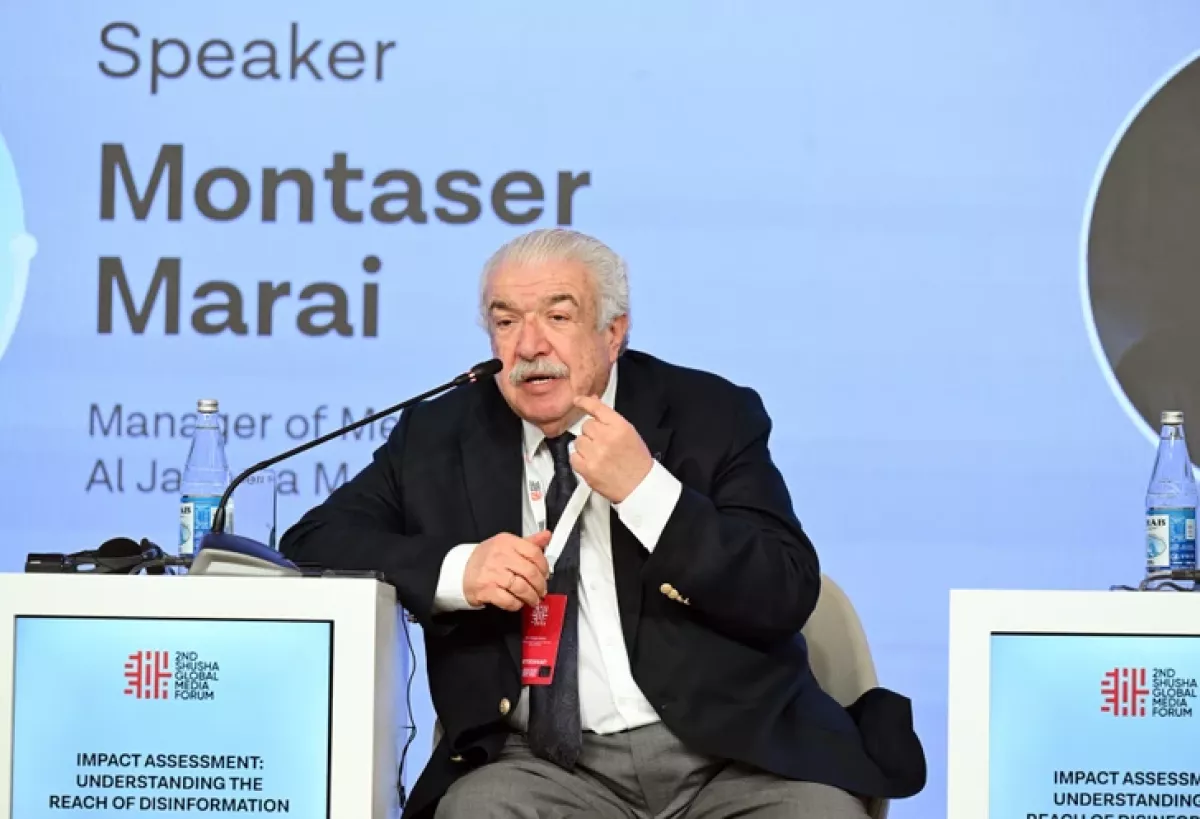
In a conversation with Mikhail Gusman at the Shusha Media Forum, he spoke positively of Trump in the context of the U.S. presidential race. Moreover, one got the impression that Aliyev was predicting Trump’s victory.
Firstly, the Azerbaijani leader agreed with one of Trump’s campaign points—that the U.S. did not start any wars during his presidency—and stated that “it is probably something deserving great respect.”
Secondly, he emphasised the ideological dimension: Trump has a clear stance on traditional values. “I think that the absolute majority of the Azerbaijani people not only share this position, but actively promote it and put it into practice.”
Of course, the global landscape has changed—something made evident at the recent NATO summit, where Euro-liberals fawned over and ingratiated themselves with the American leader. These are the very same people who had supported Trump’s opponents in the U.S. right up until election day. That is why we recalled President Aliyev’s public statements from July 2024—to underscore that Baku always held a different position, and today, one can speak of the foresight behind those decisions. Relying on its own analysis and ignoring the prevailing hysteria, Baku made strategic choices aligned with the new realities of global politics—such as betting on Trump.
Trump and the burden of the past
Yet it is not only about the timely recognition of an impending shift in U.S. leadership. Azerbaijan has strong reasons to support Trump. After all, it was during his previous presidency that relations with the United States began to improve—thanks in large part to Trump’s overall policy direction.
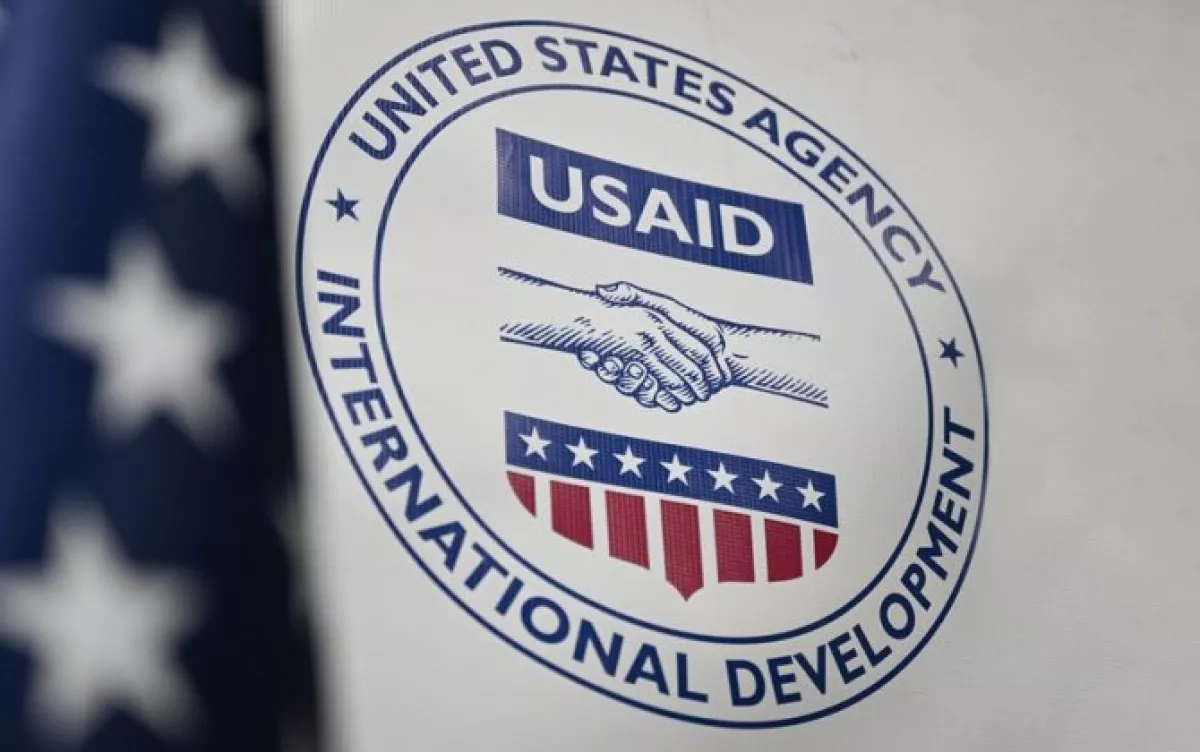
A recent illustration of this was the closure of the U.S. Agency for International Development (USAID) and several dubious global media projects.
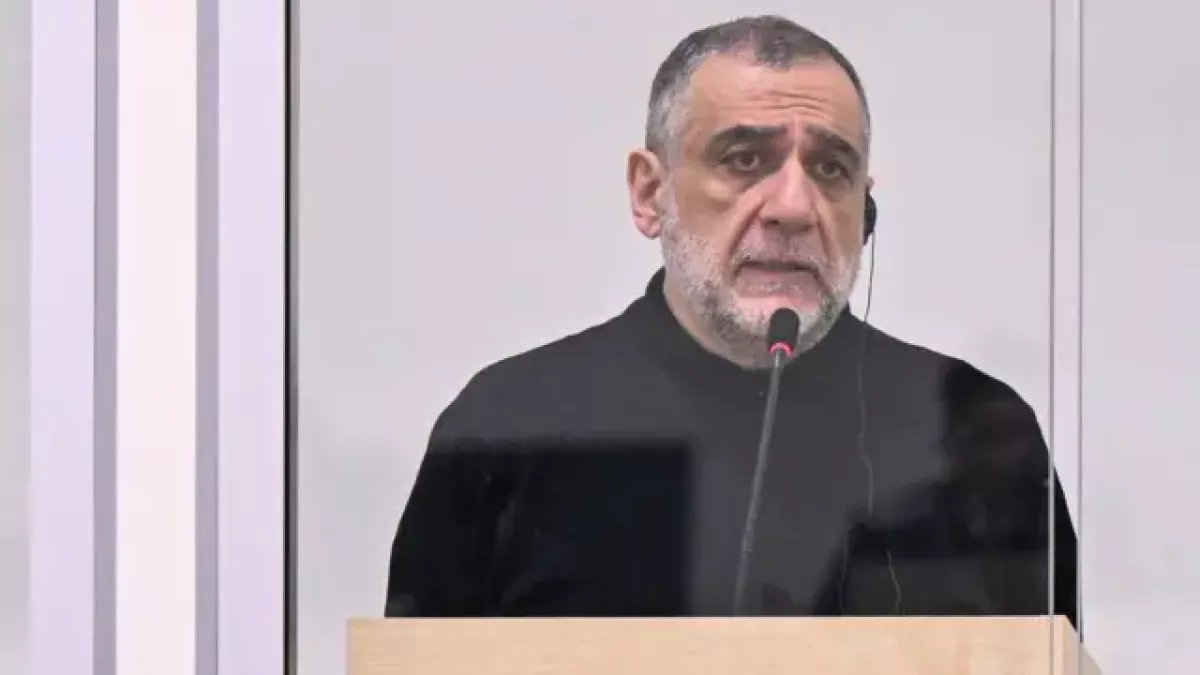
The leadership of USAID did not even conceal its close ties to a notorious leader of the Karabakh separatists—billionaire Ruben Vardanyan, who is well connected to the Russian elite. Meanwhile, the so-called “independent global broadcasting” projects were actively engaged in provocation and manipulation.
However, relations between Baku and Washington also strengthened due to concrete actions taken by the new U.S. administration. Of particular importance was Trump’s support for the Azerbaijan–Armenia peace process. The current U.S. president has made no secret of his ambitions in peacebuilding. Even his pressure on NATO countries regarding Ukraine can be seen through this lens. Unlike President Biden—who readily disbursed funds to fuel military confrontation with Russia in Eastern Europe—Trump told Euro-liberals to fund their own war, and reminded Ukrainian President Zelensky that “war won’t fix everything” and that Washington would not bankroll the conflict.
And now, we’re seeing Russian-Ukrainian negotiations resume in Istanbul. This is happening because the structural framework of the conflict—the political, economic, and geopolitical foundations—have changed. Europeans are beginning to question how to move forward without American support.
A similar dynamic is unfolding in the peace process between Baku and Yerevan. President Aliyev cited how Armenia promptly adjusted its position—adding two more clauses to the already agreed-upon peace treaty—after news of Trump’s victory broke. This is entirely logical: in Yerevan, it became clear that the geopolitical foundation of their previous policy of “no war, no peace” with Azerbaijan had eroded as a result of the U.S. elections, and that they now had to seek accommodation with their neighbour. For years under their ally President Biden, Armenian leaders believed they could stall the settlement, draw in external actors, rearm, and eventually seek revenge.
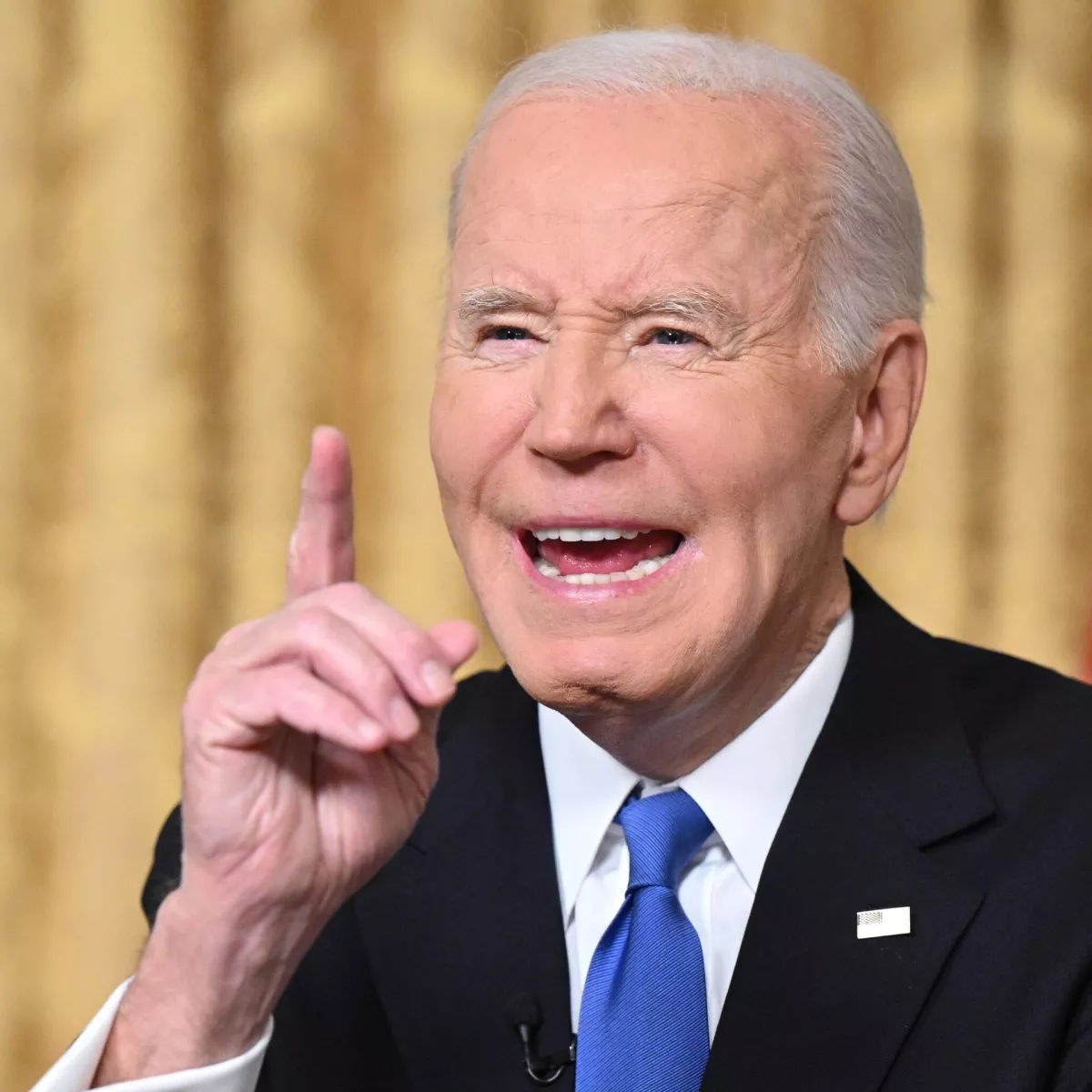
The Azerbaijani Army restored the country’s territorial integrity, yet even when this became an accomplished fact, the great powers—including the U.S. administration under President Biden that preceded Trump—were in no hurry to revise their long-standing positions, which had been shaped by indulgence toward Armenian expansionist ambitions.
A striking example of the heavy legacy from previous administrations—one that Trump now has to confront as he builds relations with Baku—is the absurd “Section 907” amendment. This provision to the so-called “Freedom Support Act” of 1992 excluded Azerbaijan from the list of countries eligible to receive any assistance from the United States. And for what? For attempting to preserve its territorial integrity and defend itself against aggression by Armenian nationalists.
This amendment exemplified how the Armenian lobby manipulated the policy of a superpower. In 2001, Heydar Aliyev reached an agreement with President George W. Bush to overturn this injustice. However, the Armenian lobby intervened once again, and through Congress, managed only to secure a provision that allowed the U.S. president to waive the amendment for one year at a time. As a result, its suspension had to be negotiated repeatedly, year after year.
Worse still, in 2020—on the eve of his controversial election—then-candidate Joe Biden openly advocated for the reinstatement of the anti-Azerbaijani amendment. While in the White House, he was continuously reminded of this commitment by the Armenian National Committee of America. And in 2023, when Azerbaijan neutralised the remaining Armenian nationalist formations on its territory, Biden indeed reinstated the amendment. As President Aliyev vividly put it, this effectively amounted to reimposing sanctions against Azerbaijan.
Toward the end of Biden’s presidential term—perhaps due to his deteriorating mental acuity—his team began engaging in schemes with Armenian revanchists that bordered on recklessness. On April 5, 2024, U.S. Secretary of State Antony Blinken took part in a trilateral meeting with Ursula von der Leyen, Josep Borrell, and Nikol Pashinyan, where discussions reportedly included plans to enhance Armenia’s military capabilities. Only Azerbaijan’s strong and swift reaction led to the abandonment of these covert arrangements.
And then, in a parting move, on January 14 of this year—less than a week before leaving office—Blinken and Biden unexpectedly signed a declaration of strategic partnership with Armenia.
The new administration in Washington appears ready to reassess these ill-conceived policies, which have harmed all parties involved. Even Trump’s latest gesture should be viewed within this context.
By reposting a video not from just anywhere, but from liberated Shusha, he symbolically shatters the revanchists’ last hopes of using diplomatic manoeuvring to challenge Azerbaijan’s military victories.
All issues can be resolved with Baku
Commenting recently on the need to finally repeal the outdated Section 907 amendment, Azerbaijan’s Ambassador to the U.S., Khazar Ibrahim, stressed that its continued existence has long contradicted the reality of bilateral relations. He noted that “Azerbaijan plays a role in nearly every critical issue that matters to the United States.” The country is a successful partner of the U.S. in the areas of energy, security, peacekeeping, and transport.
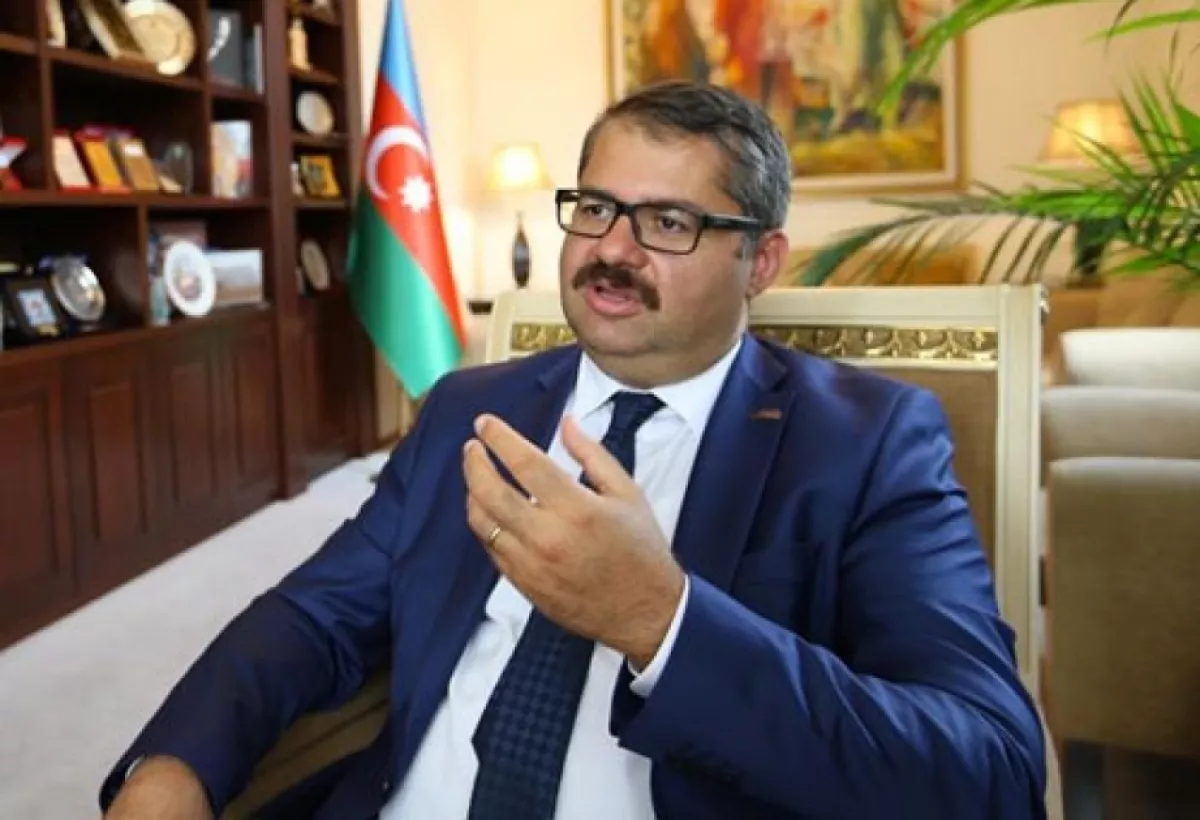
This, along with the objective strengthening of the Azerbaijani state through its development and the restoration of its territorial integrity, makes it possible to raise the issue of overhauling the outdated model of relations with the United States—one that, for decades, allowed the Armenian lobby and other external actors to undermine Azerbaijani–American ties. Moreover, the new balance of power logically calls for a reconfiguration of the entire foreign policy architecture of a strengthened Azerbaijan.
This is especially relevant now, as Azerbaijan’s geopolitical importance continues to grow due to its emergence as the only realistically functioning corridor—at least in the foreseeable future—linking Europe with Central and East Asia. In addition, Azerbaijan serves both as a source and a transit hub for the most viable options for diversifying energy supplies to the European Union.
This reality is not lost on the White House. Unlike the previous four years, there is now an administration that is open to engagement. In April, President Aliyev remarked that dealing with a Republican administration in Washington was “much more comfortable” than with a Democratic one. “I started my presidential duties in 2003 during the time of President George Bush, and relations between the two countries were very good,” he noted. “Both of us highly appreciated mutual support and considered and publicly announced the strategic importance of our bilateral relations [...] The situation changed a little bit, but not dramatically, after President Bush ended his duties.”
The Azerbaijani leader has repeatedly stated that relations with the United States also progressed successfully during Donald Trump’s first term in office. It was only in 2021—when Democrat Joe Biden entered the White House—that things began to unravel.
In addition to the improved outlook for bilateral relations—which will allow Baku to strike a balance in dealing with increasingly active European actors in the region—it is important to highlight Donald Trump’s efforts regarding the peace process in the South Caucasus. These efforts are particularly vital against the backdrop of certain Euro-liberal circles attempting to sabotage several initiatives in which Trump is seeking tangible results, including the normalisation of relations in the South Caucasus.
As is known, on July 23, the European Court delivered a blow below the waterline to all of Prime Minister Pashinyan’s peace efforts. The court ordered him to reverse the nationalisation of Armenia’s Electricity Networks and return them to the person who had once illegally privatised them—Samvel Karapetyan, a Russian businessman and financier of Armenian revanchist circles, including figures within the church. In essence, Pashinyan was instructed to hand back a vital source of ongoing funding to the very revanchists who had been preparing armed uprisings.
So much for the “sovereignty” of “independent” Armenia—the same country with which the Azerbaijani government is currently negotiating.
And let’s dispense with talk of the supposed impartiality of Western courts. Just recently, we reported how European justice was “handling” multibillion-euro scandals involving top politicians from both the EU and Germany. The verdict in favour of Karapetyan reveals a willingness among certain EU elites to play along with Armenian revanchists—especially since it offers them an opportunity to spite Trump.
That said, due to Azerbaijan’s firm stance and growing strength, revanchism no longer stands a chance.








